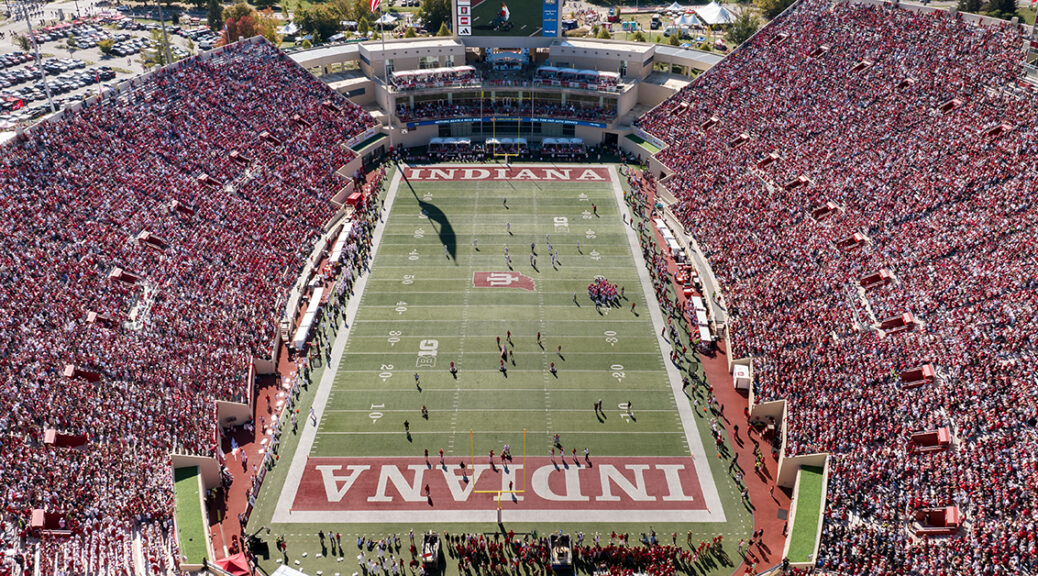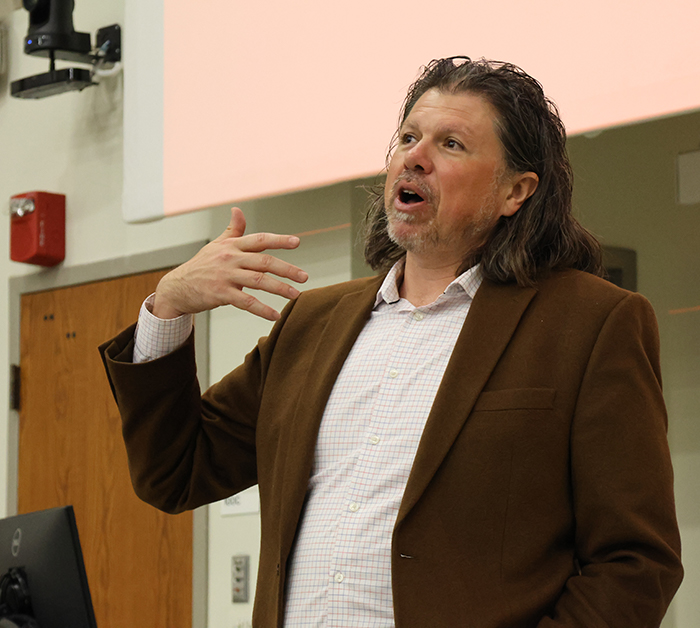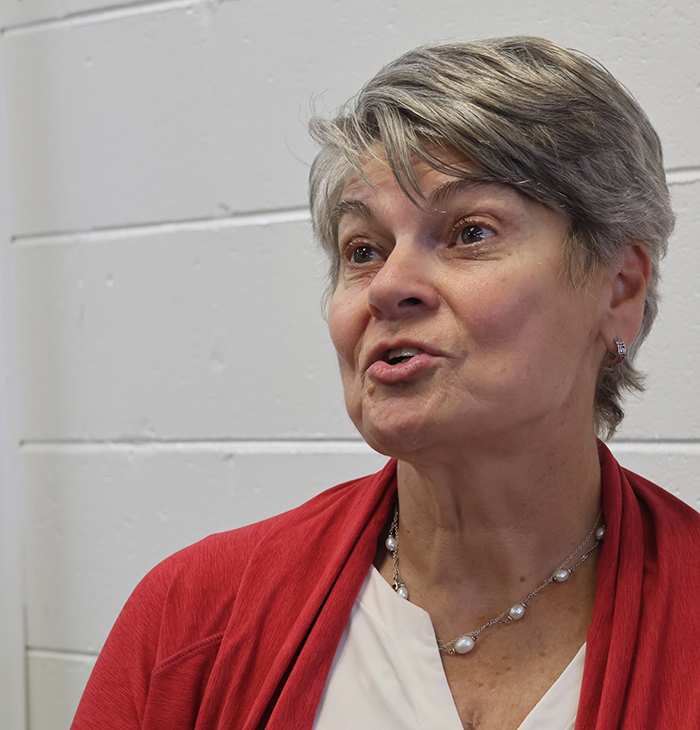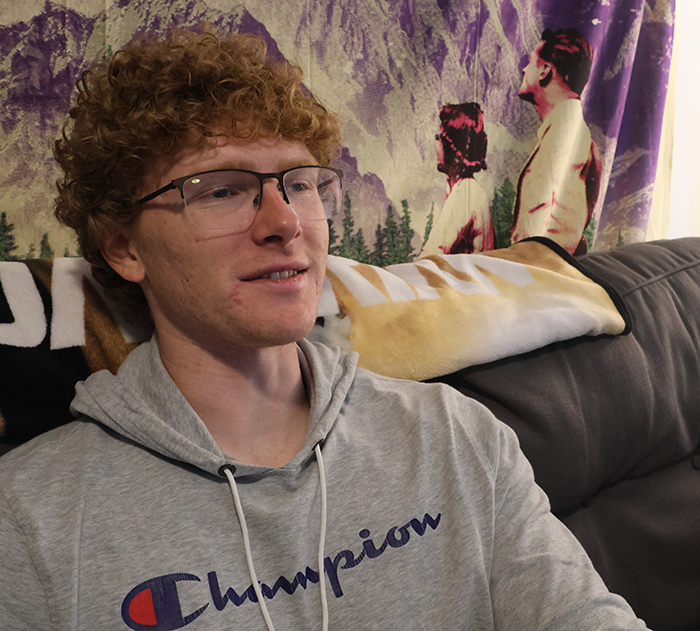
NIL Leaves Some Fans Concerned About the Future of College Sports
By Nolan Shaw, Elizabeth Hauser and Eli Mahaffey
BLOOMINGTON, Ind. (Nov. 5th, 2024)
NIL Deals Are Redefining College Sports and Leaving Loyal Fans Behind.
For only the fourth time since 1972, avid Indiana Basketball fan Libby Torphy, is missing her favorite team’s game. On any other game day, Libby would be somewhere in the crowd of crimson and cream, shouting with fans alike as the stadium pulses with enthusiasm. Instead, today she sped through quiet streets and waited anxiously at red lights. Receiving the call at 7am on a cold Saturday morning, she rushed to the Bloomington hospital. Her heart pounding as she couldn’t shake the thrill or her nerves -just like a game day- but this time it was for the birth of her first grandchild. And as she walked into the hospital where a new chapter was beginning, she could only imagine that this chapter, too, was filled with a love for basketball.
The game Torphy had missed would’ve sent waves across Hoosier fans if it had happened today. February 24th, 2001, Indiana, an unranked team, played 17th ranked Wisconsin. Indiana ultimately blew them out by 30 with a score of 85-55 securing a Hoosier win. Some key players who helped secure the victory were Indiana greats Tom Coverdale and Jared Jeffries. But up until mid 2021 these players had no financial compensation for their role in a game. No matter win or lose, fan favorite or overall powerhouse, no player was eligible to profit off of their name, image, or likeness (NIL).

In a recent press conference given to the students of C250, Dr. Galen Clavio described the NIL case in a digestible way. “The origins of name, image, and likeness and the idea of financially compensating college athletes really goes back about 15-20 years as questions started to be asked about the business model of college athletics, the money that was being made off of television contracts by conferences and member schools, and by questions surrounding video games of all things. Why players’ names and likeness were being included in NCAA branded video games, which are being created by companies like Electronic Arts or EA.” But Clavio is an expert at these things as he is not only a Sports Media Professor, but also the Director of National Sports Center at IU and head of the Sports Media program.

So where do sports fans like Libby Torphy line up in their education of NIL deals? We asked her to explain how she saw NIL deals “…Under the current NIL rules, as I understand them, the NCAA is basically pay for play now. They don’t have any real strategy or thought behind how the money is distributed or where the money comes from…” Later saying “Its each man or woman, each athlete for his or herself to get what you can out of it.” This wide generalization is common across the board with college sports fans. These sports institutions that rake in millions of dollars while still failing to compensate their players leads to this weird limbo space. Torphy argues that college athletes are being rightfully compensated in means of housing, scholarships, and meals while most college graduates are still struggling to pay off their student loan debt.

We interviewed a current IU student, Ethan Uhls, who was born and raised a Hoosier fan. Uhls agrees that collegiate athletes should have a right to their NIL deal but argues that allocating a specific fund into a school to pay its athletes discredits the team. “Its more business oriented, with the transfer portal you don’t have to wait a year anymore, players are less loyal to their schools and more loyal to their own interest, from that perspective I can see why some people would say there’s a loss of integrity.” Uhls, like many others, views NIL deals to push athletes more into a lane of marketability aside from skill. A new type of athlete is being forced out of collegiate programs and we are starting to see the birth of these new walking brands.
Eli Mahaffey and Elizabeth Hauser interview the people of Bloomington for their thought on NIL.
###

